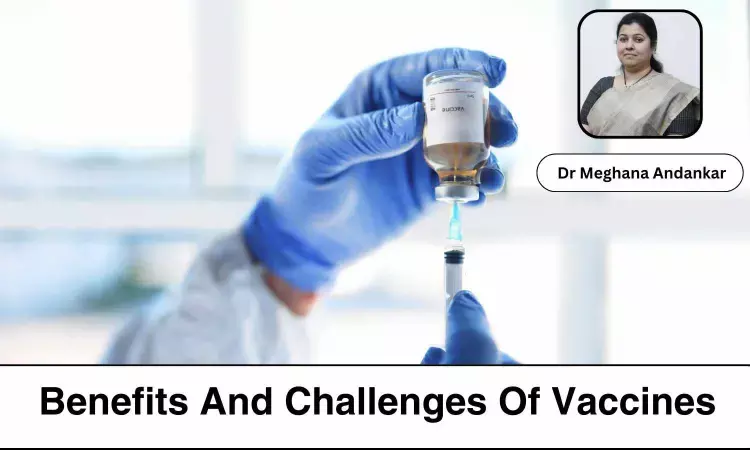- Home
- Medical news & Guidelines
- Anesthesiology
- Cardiology and CTVS
- Critical Care
- Dentistry
- Dermatology
- Diabetes and Endocrinology
- ENT
- Gastroenterology
- Medicine
- Nephrology
- Neurology
- Obstretics-Gynaecology
- Oncology
- Ophthalmology
- Orthopaedics
- Pediatrics-Neonatology
- Psychiatry
- Pulmonology
- Radiology
- Surgery
- Urology
- Laboratory Medicine
- Diet
- Nursing
- Paramedical
- Physiotherapy
- Health news
- Fact Check
- Bone Health Fact Check
- Brain Health Fact Check
- Cancer Related Fact Check
- Child Care Fact Check
- Dental and oral health fact check
- Diabetes and metabolic health fact check
- Diet and Nutrition Fact Check
- Eye and ENT Care Fact Check
- Fitness fact check
- Gut health fact check
- Heart health fact check
- Kidney health fact check
- Medical education fact check
- Men's health fact check
- Respiratory fact check
- Skin and hair care fact check
- Vaccine and Immunization fact check
- Women's health fact check
- AYUSH
- State News
- Andaman and Nicobar Islands
- Andhra Pradesh
- Arunachal Pradesh
- Assam
- Bihar
- Chandigarh
- Chattisgarh
- Dadra and Nagar Haveli
- Daman and Diu
- Delhi
- Goa
- Gujarat
- Haryana
- Himachal Pradesh
- Jammu & Kashmir
- Jharkhand
- Karnataka
- Kerala
- Ladakh
- Lakshadweep
- Madhya Pradesh
- Maharashtra
- Manipur
- Meghalaya
- Mizoram
- Nagaland
- Odisha
- Puducherry
- Punjab
- Rajasthan
- Sikkim
- Tamil Nadu
- Telangana
- Tripura
- Uttar Pradesh
- Uttrakhand
- West Bengal
- Medical Education
- Industry
Navigating Vaccines: How They Help And What Challenges They Face? - Dr Meghana Andankar

Introduction
Vaccines are like superheroes for our bodies. They protect us from dangerous diseases and have made our lives much healthier. But sometimes, even superheroes face challenges. Let's explore how vaccines work, what amazing things they've done, and the problems that still need to be tackled.
How Vaccines Help?
Picture vaccines as tiny teachers for our immune system. They contain weakened or killed versions of germs that cause diseases. When we get vaccinated, our body learns to recognize these germs and builds defences against them.
So, if we ever come across real germs, our body can swoop in and defeat them before they have a chance to harm us. It's like having a secret weapon inside us, ready to spring into action whenever needed.
Vaccine Success Stories
Vaccines have achieved some incredible victories in the battle against diseases. One of their biggest wins was wiping out smallpox, a deadly disease that once haunted humanity. Thanks to vaccines, smallpox no longer threatens us.
Vaccines have also come close to eliminating other diseases like polio, measles, and rubella in many places around the world. Because of vaccines, fewer people get sick, and fewer lives are lost to these once-deadly diseases.
Challenges Vaccines Face
Vaccine development encounters formidable challenges, particularly with diseases prone to mutation. Failure to adhere strictly to the vaccine production process can precipitate disease outbreaks. The complexities of maintaining the cold chain during storage and transportation further exacerbate these challenges.
Despite concerted efforts, the scientific community is yet to develop a vaccine for HIV. Furthermore, vaccines come in two forms: live and dead. Improper administration of live vaccines can inadvertently induce disease in recipients. Tragically, instances of children succumbing to vaccination underscore the gravity of this issue.
Facing New Threats
Vaccine development faces daunting challenges, especially with diseases prone to mutation like swine flu and bird flu. Strict adherence to the vaccine production process is essential to prevent disease outbreaks. The intricate logistics of maintaining the cold chain during storage and transportation further complicate matters.
Despite extensive efforts, vaccines for diseases such as HIV remain elusive. Moreover, vaccines must be produced in record time due to the emergence of new diseases like COVID-19 and its variants.
Although scientists have developed COVID-19 vaccines at an unprecedented pace, achieving widespread vaccination has proven difficult. This inequality in access hampers global efforts to curb the virus's spread.
Looking to the Future
Emerging technologies, like nanoparticle-based vaccines or patches, offer potential for more convenient and effective vaccination methods. Additionally, there's a growing commitment to ensuring fair access to vaccines worldwide and better preparation for future outbreaks. These combined efforts aim to improve vaccines and promote global health.
Conclusion
Vaccines have done amazing things for our health, but they still have work to do. By fighting vaccine fears, tackling new diseases, and embracing new technology, we can keep vaccines as our trusted protectors against dangerous diseases. Let's keep supporting the superheroes of our immune systems!
Dr Meghana Andankar (MBBS, DGO, FCPS, DFP, DNB (OBS/ GYN)) is the Vice president of College of Physicians and Surgeons, Mumbai with over 20 years of experience in the field of Obstetrics and Gynaecology. Additionally, Dr. Andankar operates her own clinic located at Hiranandani Meadows in Thane, providing comprehensive healthcare services to her patients. She specialises in adolescent health and high-risk obstetrics, demonstrating her dedication to addressing critical healthcare needs. Furthermore, she is passionate about education and training, particularly in utilizing simulation-based methodologies to enhance the learning experience for medical students.


